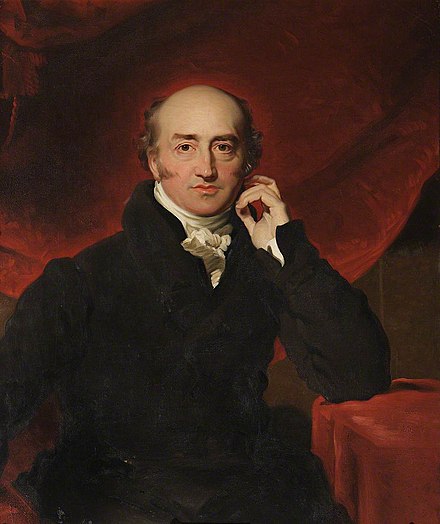Short-time Prime Minister
The recent appointment as prime minister of Liz Truss and her fall from office in record short time gives an opportunity to recall the previous holder of that unenviable record.
George Canning was son of an unsuccessful lawyer from Ulster, Ireland, and an actress, despite which he achieved an education at Eton and Christ Church, Oxford. He became a Tory MP who supported William Pitt the younger and was noted as a fine orator in the House of Commons and on public platforms outside Parliament. He became Foreign Secretary and, in 1807, he was responsible for ordering the Royal Navy to seize the Danish fleet in Copenhagen, which foiled Napoleon’s attempt to impose a continental blockade on British shipping.
However, when he was discovered plotting the removal of the War Minister, Lord Castlereagh, as part of his own career improvement schemes in 1809, Castlereagh challenged him to a duel. Canning had never fired a pistol when they met at Putney Heath in September 1809; his shot missed and he was hit in the thigh by his opponent, who was a fine shot.
Castlereagh went on to be Foreign Secretary for the remainer of the Napoleonic War in Lord Liverpool‘s government and represented Britain at the Congress of Vienna which reorganised European affairs in 1816, whilst Canning served as Secretary for the Board of Control, which supervised the activities of the East India Company.
Despairing of further political progress, Canning had accepted the position of Governor General of India when Lord Liverpool invited him to return as Foreign secretary, following Castlereagh’s death by suicide in 1822. His support of South American states’ independence from Spanish and Portuguese rule, and the use of the Royal Navy to prevent interference by other European powers earned him the title of ‘Godfather of the Independence movements in Latin America’.
On 10th April 1827, Canning succeeded Lord Liverpool as prime minister. Important Tories such as the Duke of Wellington and Robert Peel, known as ‘Ultras’, refused to serve under him, and he was only able to form a government with Whig assistance. However, Canning’s health was also in decline and he died of tuberculosis on 8th August 1827 after holding office for a mere 119 days.
Canning is buried in Westminster Abbey and is one of only four Prime ministers commemorated by a statue in Parliament Square. He has come to be regarded by some as a ‘lost leader’ and is credited with saying “Europe’s domain extends to the shores of the Atlantic, England’s begins there.” which sounds quite modern in post-Brexit times.
